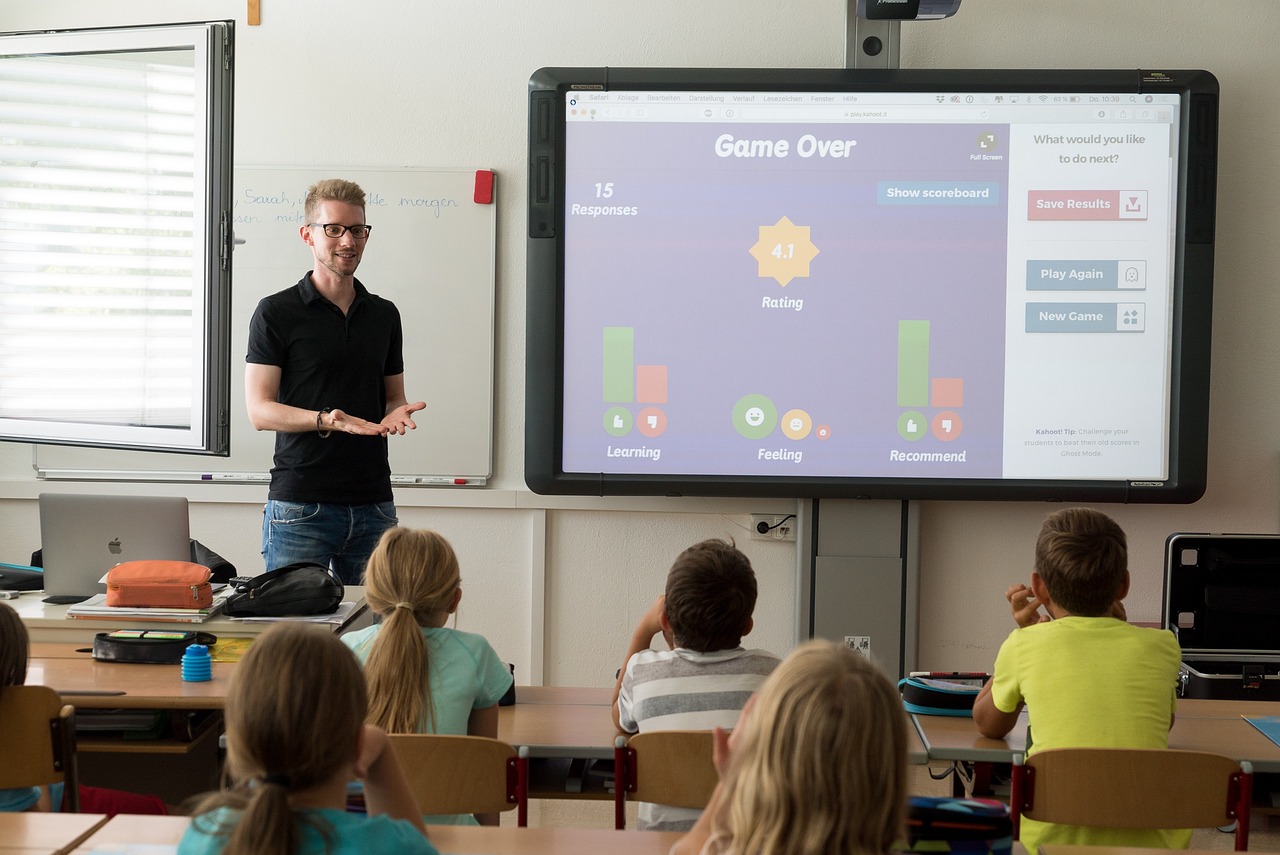Education plays a vital role in shaping society. Excellent leaders are needed to guide schools and institutions to positively impact students’ lives. For educators looking to progress into leadership roles, these 8 tips provide key guidance:
1. Gain Teaching Experience
Strong leaders come from experiential knowledge of classroom realities. Spending time as a teacher builds crucial awareness of learners’ needs, challenges in the education system and realities of implementing initiatives. Hands-on experience grounds leaders in what’s needed to support teachers and drive improvement. Time in the classroom builds empathy and credibility when leading.
2. Pursue Ongoing Professional Development
Outstanding leaders never stop learning. Identifying and undertaking relevant development courses elevates understanding of educational research, policy, technology, societal issues and more. Look for challenging PD opportunities to build skillsets around strategy, change management, collaboration and analytical thinking. Leadership demands applying new knowledge, so embrace continuous learning.
3. Develop a Clear Educational Philosophy
Strong convictions about education’s role in developing human potential will drive impactful leadership. Clarify your philosophy through reflection on schooling’s aims, the needs of students and educators, and influences on development. Let this shape an educational vision focused on empowering others and creating holistic growth. A philosophy centered on people will keep communities at the heart of decision making.
4. Collaborate and Communicate
Leading educational change requires collaborating with stakeholders and communicating effectively. Build expertise in facilitating teamwork, engaging community partners and fostering cooperation. Hone communication across platforms like presentations, written reports and social media. Listen actively and welcome critique. Showcasing achievements collectively will amplify success.
5. Think Strategically and Innovatively
Forward-focused leaders analyse challenges and implement effective, inventive solutions. Develop sharp analytical skills to think critically about complex educational scenarios. Combine creativity, logic and strategy in problem solving. Challenge assumptions by researching global best practices. Conceptualise solutions focused on long-term, sustainable gains. Lead change through tactical planning and evaluation.
6. Practice Assertive Advocacy
Advocating assertively for learners’ needs is central to education leadership. Build confidence presenting proposals, requesting resources and defending decisions. Be a compelling communicator when lobbying officials and parents. Listen respectfully to concerns but stand firm on values and evidenced strategy. Practise persuasive writing and public speaking. Responsibly challenging inefficient practices or policies takes courage but is essential.
7. Inspire and Empower Others
Outstanding leaders ignite passion and empower others to excel. Motivate colleagues through clarity of vision, integrity and authenticity. Delegate authority based on competencies and interest. Coaching helps individuals identify strengths and developmental needs. Give feedback highlighting growth, celebrating small wins and offering support. Build trust, value input and enable the success of those around you.
8. Maintain Work-Life Balance
The pressures of leading can be taxing, so maintaining balance is key to avoiding burnout. Commit to health-promoting habits around nutrition, sleep, socializing and relaxation. Make time for loved ones and interests outside work. Set boundaries on availability to manage expectations. Entrust tasks to others when overwhelmed. With balance, leaders sustain energy, focus and positivity despite demanding workloads.
Educational leadership enables shaping young lives through vision and influence. Following these tips supports professional and personal growth into confident, values-driven leaders. With dedication to continuous learning, skillbuilding and community focus, educators can create nurturing, dynamic cultures empowering learners to thrive. The future rests in the hands of educational leaders committed to human development.










